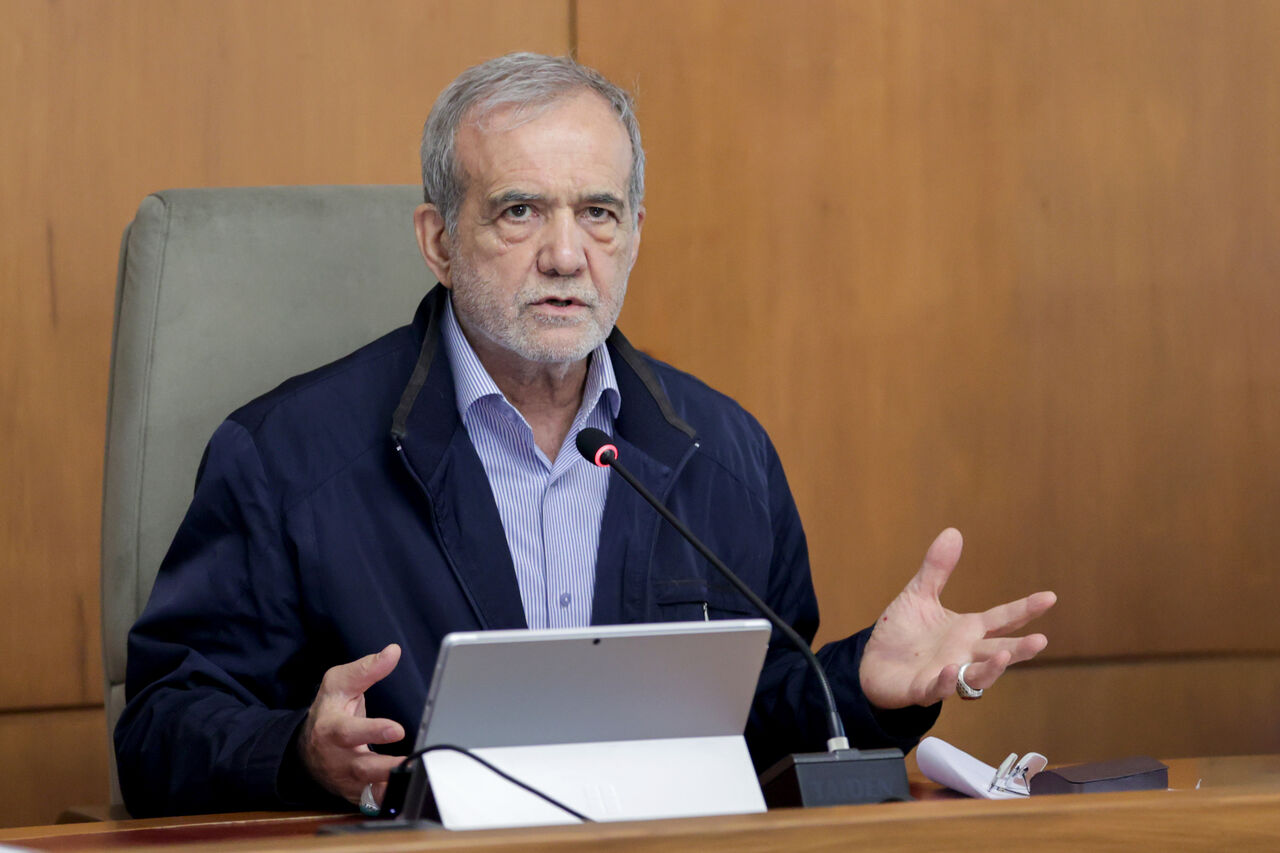Iran revives N-bomb project, shuts out IAEA

Iran has decided to speed up efforts to build a nuclear bomb with president Masoud Pezeshkian ordering suspension of the country’s cooperation with the International Atomic Energy Agency. Tehran justified the decision saying the non-cooperation is in retaliation to the recent air strikes by Israel and the US on Iran’s nuclear facilities.
Suspension of cooperation with IAEA means the UN’s nuclear watchdog’s inspectors will not be able to monitor Iran’s nuclear power projects or ensure the nuclear assets are solely used for peaceful purposes.
The IAEA estimates say Iran has around 400 kg of highly enriched uranium, which could be used to produce nuclear weapons in a matter of months.
Iran’s move also indicates that the much hyped cluster bombing by the US on the Islamic country’s fortified nuclear facilities might not have destroyed all of its uranium stock. After the US bombing, Iran had claimed that it had taken out bulk of the enriched uranium from the Fordow unclear facility hidden under a rocky mountain — which US reportedly ‘obliterated’ — to an undisclosed location. Tehran also boasted that the bombing did not do much harm to its nuclear capabilities.
There is no way, however, to check if Iran has indeed moved its nuclear fuel. The IAEA has stated that unless and until it regains access to the sites, it can’t guarantee safety or location of the enriched uranium. The agency has also categorically stated that the whereabouts of Iran’s uranium stockpile remain unknown.
The 12-day campaign by Israel against Iran also saw systematic killing of the Ayatollah regime’s top military commanders and nuclear scientists, reportedly with assistance from of Israel’s spy agency Mossad.
Iran has accused the IAEA of leaking the scientists’ details to Mossad operatives to endanger their lives, a charge the UN watchdog’s chief Rafael Grossi vehemently denied.
In the past, Iran has shut off access to IAEA as a pressure tactic during negotiations. Tehran is expected to hold talks with the US to reach an agreement on its nuclear programme.
Iran, the US, and Israel hold three different positions with regard to Tehran’s nuclear programme. According to Iran, as a signatory to the Nuclear Non-Proliferation Treaty, it is entitled to enrich uranium to high levels without external checks. Israel insists Iran should not enrich uranium at all. The US takes a middle path, saying Iran may enrich uranium to the minimum levels requred for peaceful purposes.
The proposed talks between Iran and the US may help reach a common ground on the above.
